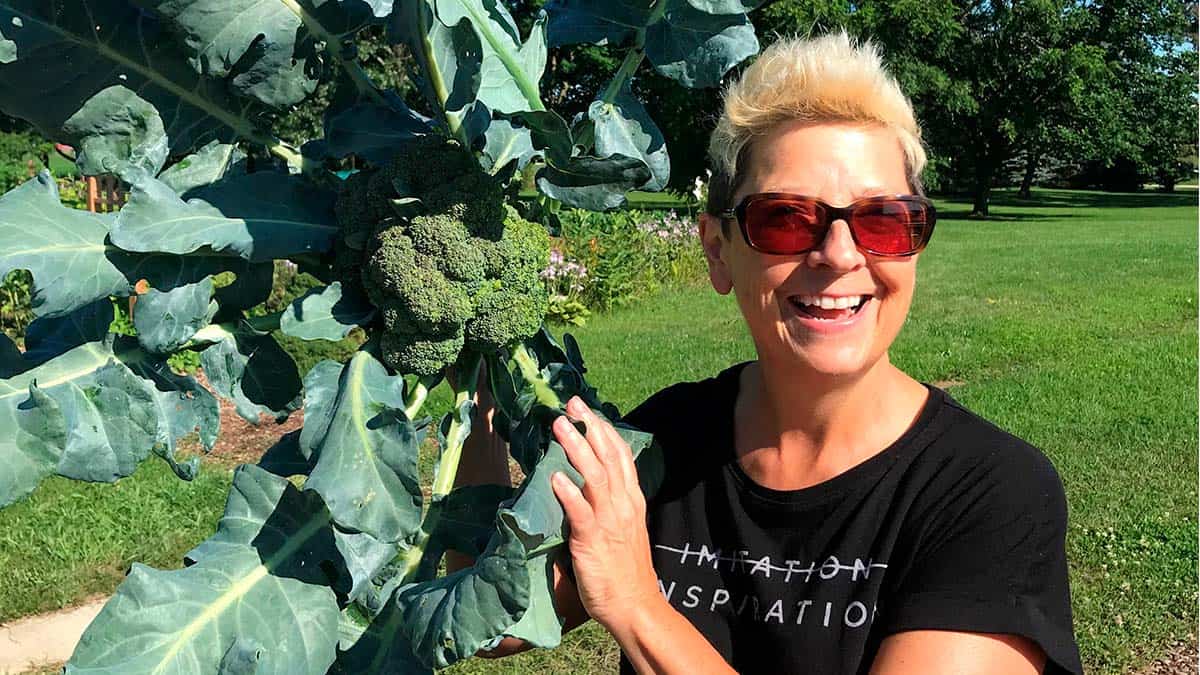The Twin Centre Minor Hockey Association’s efforts to get back to something resembling normal got a boost last month. Not only were kids getting back on ice at the Wellesley arena, but hockey was made a bit more accessible thanks to a large donation of equipment.
The association was one of ten in the province chosen to take part in the Ontario Minor Hockey Association’s new Player Assist Program. The OMHA pilot project eliminates the cost of equipment for 350 families with kids under the age of 7 in the 10 selected minor hockey organizations.
The sets include skates, shin pads, pants, shoulder pads, elbow pads, neck guard and helmet. The associations will retain the 350 sets of equipment at the conclusion of the hockey season to loan to players in following years, similar to loaning out a library book.
“Cost is sometimes identified as a barrier for some families to get involved in our great game. We thank our partner the Egg Farmers of Ontario for launching this initiative to help hundreds of families for years to come,” said OMHA executive director Ian Taylor in announcing the program.
Being selected as part of the project was welcome news for The Twin Centre Minor Hockey’s David Dienesch.
“It’s pretty exciting for us. We’re certainly excited for that opportunity to help those that need it,” he said, noting the OMHA reached out to local associations to apply to be part of the program.
“We thought it would be a good idea and could help get people into hockey at the younger age, and help, obviously, on the cost side – with the equipment, the costs of things are certainly higher.”
Representatives of the OMHA and the program’s sponsors, the Egg Farmers of Ontario, visited the Wellesley arena to drop off the new equipment and make the program official.
The resumption of play also saw some of the kids back on the ice after a long layoff. Dienesch noted that much of the last season was either cancelled due to lockdowns or saw kids simply practicing in small cohorts given public health restrictions. Now, the organization is looking for something closer to a regular season, with tryouts scheduled for the end of the month ahead of a new season.
“We’ve got pretty good registration numbers, kind of like, well, we can call it pre-COVID [levels],” he said. “Last year, we still ran hockey programming, although with some games up until about November in our region, and then with a lockdown that caused things to go back to basically a cohort type of system where they were just practicing.”








